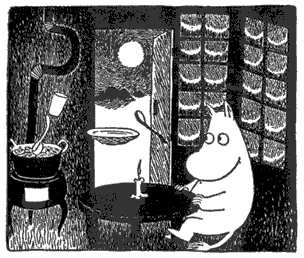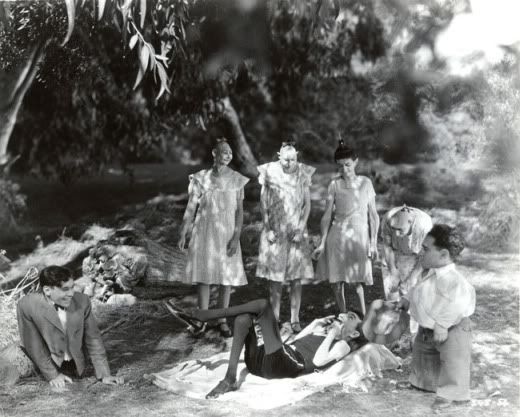
'What should be avoided most in the workplace and within interdepartmental documentation also is the linguistic construct of the 'covert masculine'. For example, the common workplace imperative 'If an employee has any concerns he should contact The Central Office on...' is no longer suited for the workplace. After all, it mistakes masculinity for neutrality and therefore asserts the dominance of the male and his superiority over the female. This develops a 'negative narrative' within the workplace as the female becomes invisible and no longer part of the 'body' of the environment: she is invisible, bleached, blacked out- that is she becomes a negative, without identity.
Previously acceptable classifications should be rejected- from 'postman' to 'man hours'- for their outmoded and inaccurate connotations which are the remnants of a stagnant society. Treating language without due delicacy and significance is indeed careless and moreover, damaging. To deny that the very roots of female/ male ideation embed themselves within the surface levels of simple language is, in contemporary society, absurd. To say the relegation of abusive metaphor, 'light uses' of language, to foregeround inferiority and promote such 'negative narratives' is a limitation of language is simply masculine selfishness manifesting itself in discourse. Every workplace and its interior codes is a reflection of our society and its external nature. If we continue such an erasing of the female how do we separate ourselves from the mud huts swept into the sea on primitive islands, or the tyrannies we have spent decades fighting? We have to avoid linguistic submission in all its shapes, cloaks and fogs.'
Anna Mirok- 'Belle Lettriste- Language, Feminine Significance and Masculine Coercion'. University of Michigan Press, 1980.
From Cindy Sherman's 'Centerfolds'. No copyright infringement intended.






